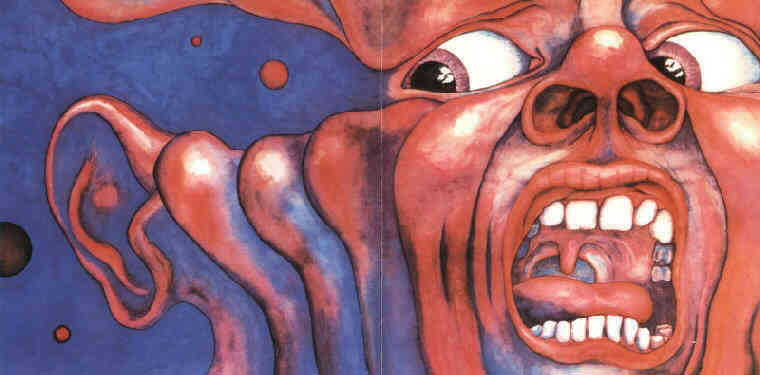IN THE BEGINNING WAS THE WORD
~ In the Court of the Crimson King ~
- chapter index -
pg. 1 - Intro: The Schizoid Man | pg. 2 - Night Sounds
pg. 3 - Welcome to the Machine | pg. 4 - The Laboratory
pg. 5 - Agamemnon | pg. 6 - Prometheus
pg. 7 - Paranoia's Poison Door | pg. 8 - Projective Identification
pg. 9 - The Promethean Rebel | pg. 10 - Aries and the Emperor
pg. 11 - Mirrors | pg. 12 - In the Beginning was the Word
pg. 13 - Death Seed | pg. 14 - I Talk to the Wind
pg. 15 - Said the Straight Man to the Late Man | pg. 16 - Epitaph
pg. 17 - Apollo | pg. 18 - The Fate of All Mankind
pg. 19 - Malkuth
- page index -
Blood Rack Barbed Wire
site index
Translate from
Projective Identification























 Arachnophilia
Arachnophilia